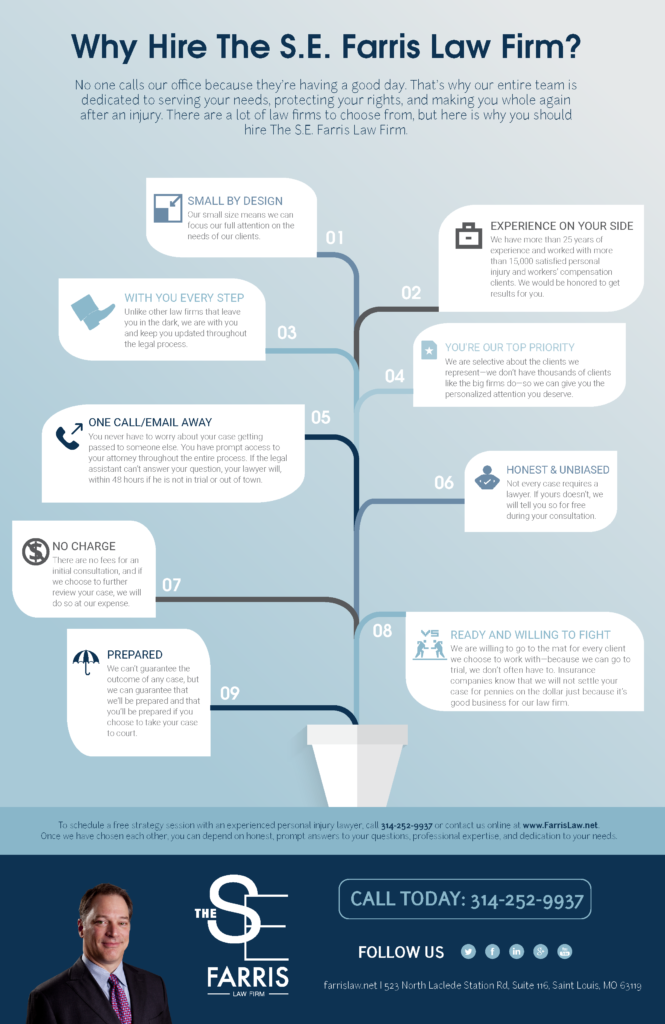What To Expect: The Timeline Of A Typical Divorce Instance
What To Expect: The Timeline Of A Typical Divorce Instance
Blog Article
Staff Writer-Huynh Rodriguez
As you embark on the journey of browsing a divorce case, you might find yourself questioning the timeline that exists ahead. From the preliminary stages of filing papers to the intricacies of negotiation and the capacity for a trial, each action holds its very own collection of difficulties and unpredictabilities. Recognizing the series of occasions can aid you plan for what's to find and prepare for the weaves that may develop along the road.
First Filing and Service of Files
When beginning the divorce process, the very first step is the preliminary declaring of the essential papers with the court. This action officially starts the lawful procedure and sets the divorce situation in motion. You should submit forms that detail the grounds for separation, possessions, responsibilities, income, expenditures, and any other appropriate information required by the court.
After submitting these files, copies should be offered to your partner, informing them of the separation procedures. This solution can be done with a process server, constable's office, or qualified mail, ensuring that your partner is officially alerted of the divorce case against them.
When the records are filed and offered, the court will certainly offer a case number and assign a court to look after the case. It's vital to properly finish and file these files, as any kind of mistakes or omissions could delay the divorce procedure.
This preliminary step lays the structure for the legal dissolution of your marriage, marking the start of a potentially tough yet essential procedure.
Exploration and Negotiation Stage
Throughout the Exploration and Settlement Stage of a separation instance, both events participate in gathering information and exchanging pertinent papers to much better recognize each other's financial scenarios and various other important information. This phase is vital as it establishes the structure for arrangements and possible negotiation agreements. Via methods such as interrogatories, requests for production of papers, and depositions, each party aims to discover realities, possessions, financial debts, and other essential details that might impact the case's end result.
Arrangements during this stage typically involve conversations on different issues like property division, kid protection, visitation routines, and financial support. Both parties might deal with their lawyers to discover negotiation choices, possibly staying clear of the requirement for a trial.
Mediation or joint law procedures might also be used to assist in effective discussions and get to equally acceptable agreements. Suggested Web site to approach this stage with openness, sincerity, and a desire to endanger to achieve a smoother resolution and minimize the psychological and economic toll of a lengthy court fight.
Trial and Last Resolution
Moving on from the Discovery and Negotiation Phase, the Test and Final Resolution stage notes the conclusion of your divorce instance. This phase is where unresolved problems are brought prior to a judge to make decisions on matters like property department, child custodianship, and support. The test typically includes presenting evidence, witness testaments, and legal disagreements to support your situation.
Throughout the trial, both events will have the possibility to provide their placements and counterarguments. http://muriel5rolland.xtgem.com/__xt_blog/__xtblog_entry/__xtblog_entry/37406299-establishing-the-appropriate-separation-lawyer-trick-questions-to-explore-prior-to-you-commit?__xtblog_block_id=1#xt_blog to be prepared, as the judge's decision will considerably influence the final outcome of your divorce.
Following the trial, the court will certainly issue a final judgment that describes the regards to the separation, consisting of any type of financial settlements and guardianship arrangements.
As soon as the judgment is provided, the divorce is completed, and both parties are legitimately bound by its terms. While the trial stage can be difficult and emotional, it's a needed step towards reaching a final resolution and progressing with your life post-divorce.
Verdict
In conclusion, navigating a divorce situation involves a series of actions from filing preliminary records to reaching a last resolution. Comprehending the timeline of events can assist you prepare for what to anticipate throughout the procedure. By being positive, looking for lawful guidance, and staying informed, you can browse the complexities of separation process with self-confidence and quality.
